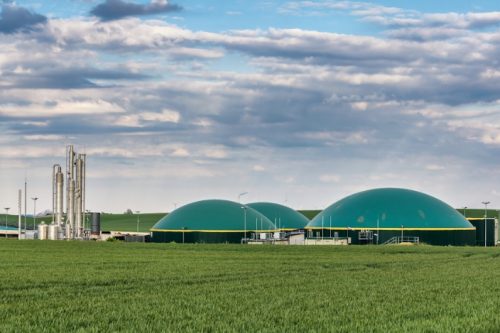Report says city can be a leading hub for low carbon industries

Doncaster can transform itself into a centre for low carbon sector industries – potentially attracting green tech firms and generating hundreds of jobs, according to a study conducted for Doncaster Council.
The “Low Carbon Sector Feasibility Study” was carried out for Business Doncaster – the local authority’s inward investment body – by McBains, a construction consultancy, and Genecon, a placemaking and economics consultancy.
The study found the size and value of the low carbon sector in Doncaster currently makes up a small proportion of economic activity – accounting for less than 1% of employment in the Doncaster economy with a value of £150m per annum.
But the report says these jobs are predominantly in construction and manufacturing businesses, which represent the majority of low carbon employment nationally and are particular strengths of the wider Doncaster economy.
By assessing green industry sub-sectors’ expected growth nationally and Doncaster’s ability to attract this activity, the study identified four areas considered to offer the most promising avenues for investment:
- Low carbon heat, such as heat pump manufacturing and R&D
- Alternative fuels, including hydrogen
- Bioenergy
- Low carbon aviation
Tassos Kougionis, ESG director at McBains, said: “Like many towns and cities in the north of England, Doncaster has been affected by the decline of traditional industries over the last few decades.
“But with the race to net zero well and truly underway, this study shows Doncaster can maximise the opportunity to establish itself as a leading hub for low carbon industries.
“One of the big issues currently is how to ‘level up’ towns, cities and regions that have faced significant challenges over recent times in terms of underinvestment.
“But our report shows Doncaster can remodel itself to be at the forefront of the green economy, bringing lasting benefits in terms of jobs and investment.”
Although the study recognises the potential to attract new low carbon businesses to Doncaster, it highlights barriers to growing the sector.
In the case of the heat pump industry, there is no sector-specific apprenticeship provision across the entire South Yorkshire region, and with only limited manufacturer training for reskilling and upskilling which is not sufficient to provide the necessary skills for heat pump system design and installation.
The study also makes a number of recommendations to the local authority.
These include establishing a virtual Doncaster Net Zero decarbonisation hub to provide information and resources and a platform for knowledge sharing; development of a low carbon business support strategy which sets separate approaches for attracting businesses and growing businesses; and encouraging collaboration between education providers and businesses to design vocational courses for local skills development.
Councillor Glyn Jones, deputy mayor, portfolio holder for housing and business, said: “The findings provide a strong and robust basis for Doncaster to attract further inward investment opportunities whilst ensuring a secure and fair transition to becoming a net zero city.
“It is evident that Doncaster is well-placed to attract international investment in areas such as clean technologies including alternative fuel sources, low carbon heat, science and manufacturing and can remodel itself to be at the forefront of the green economy, bringing lasting benefits in terms of jobs and investment.”









